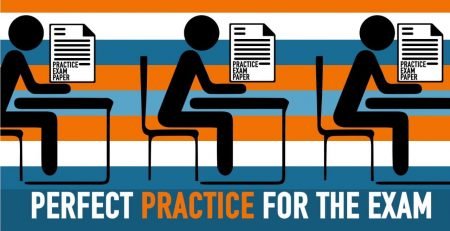Eating for Exam Success
In order to perform at your best, you need to consider how you are fuelling your body.
- Eat well-balanced meals
Meals with slow release carbohydrates are a good option. Some examples are oats (porridge), fresh fruits, nuts, eggs, non-starchy vegetables, sweet potatoes etc.
Try to avoid skipping meals; apart from the obvious health implications, skipping meals can be counter-productive toward your learning, affecting concentration and retention levels.
- Keep hydrated
Drink plenty of fluids. The occasional diluted fruit juice or cordial is fine, but your best option is nothing more complicated than plain water.
- Eat plenty of fruit and vegetables
Instead of crisps, chocolates or fizzy drinks, try to stick to fresh fruit and vegetables as a healthy snack. Pineapple chunks and carrot sticks are a good, easy option.
- Watch your caffeine intake
Caffeine is a powerful stimulant, and although it has been known to help with concentration in small doses (one to two cups of regular strength coffee or tea), having too much caffeine can be detrimental. Not only will it dehydrate you, but in higher doses it has been known to cause palpitations and is likely to disturb your sleep. People with heart conditions, diabetes, Epilepsy, high blood pressure (to name just a few) should also be particularly careful when ingesting caffeine products.
- Try to avoid “energy” drinks
Additional to the above, drinks that are loaded with sugar and/or caffeine might appear to give you a quick energy ‘hit’, but this feeling rarely lasts for long. Generally speaking, these are a poor substitute for healthy, well balanced food and fluid.
- Watch your alcohol intake!
Alcohol is a depressant, therefore drinking it is likely to make you feel more relaxed, but as alcohol is also a diuretic, it will also dehydrate you, disturb your sleep and would likely have a negative effect on your concentration levels the next day. We’re not saying never have an alcoholic drink, but just be mindful of when you have it!











